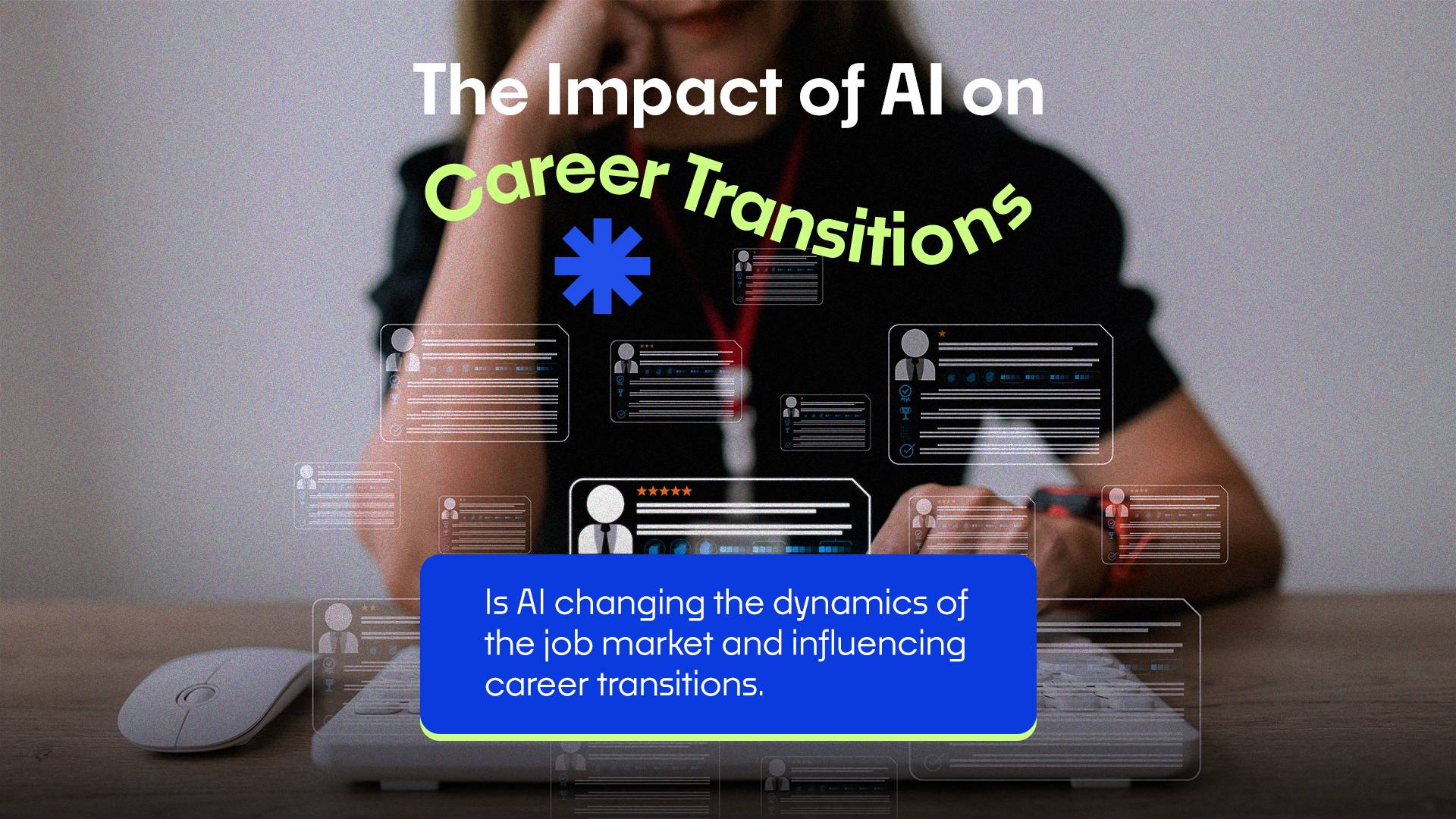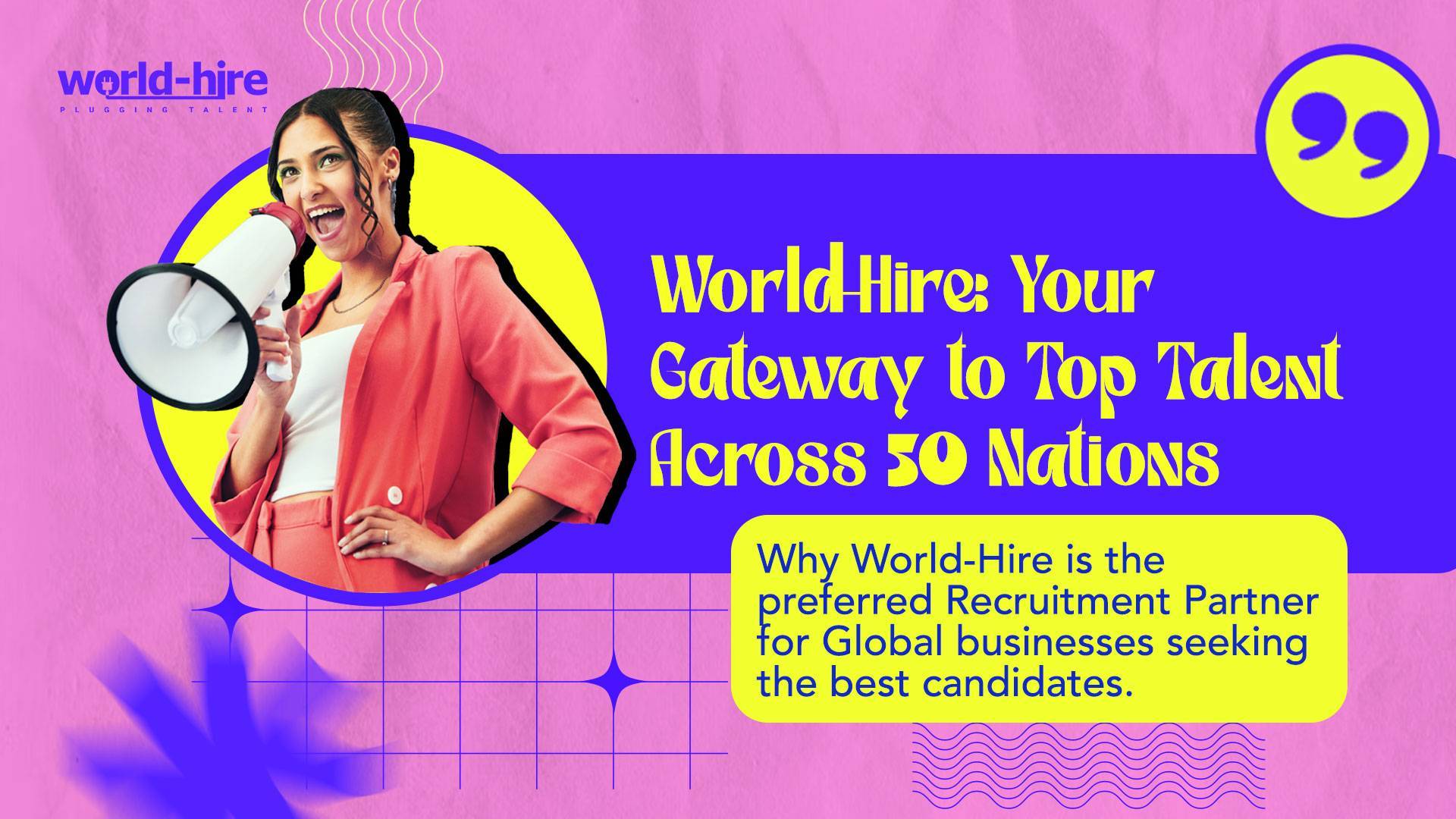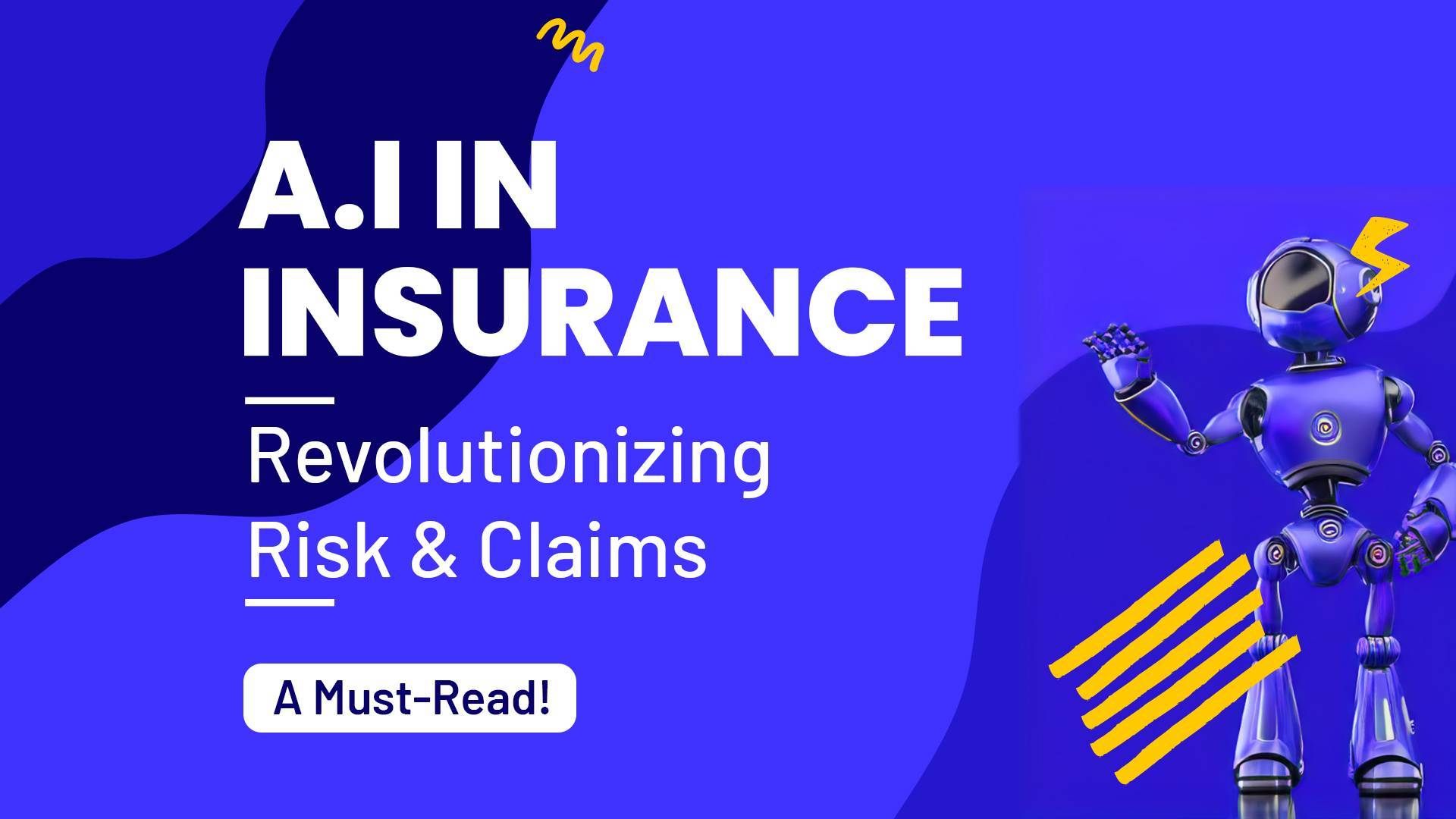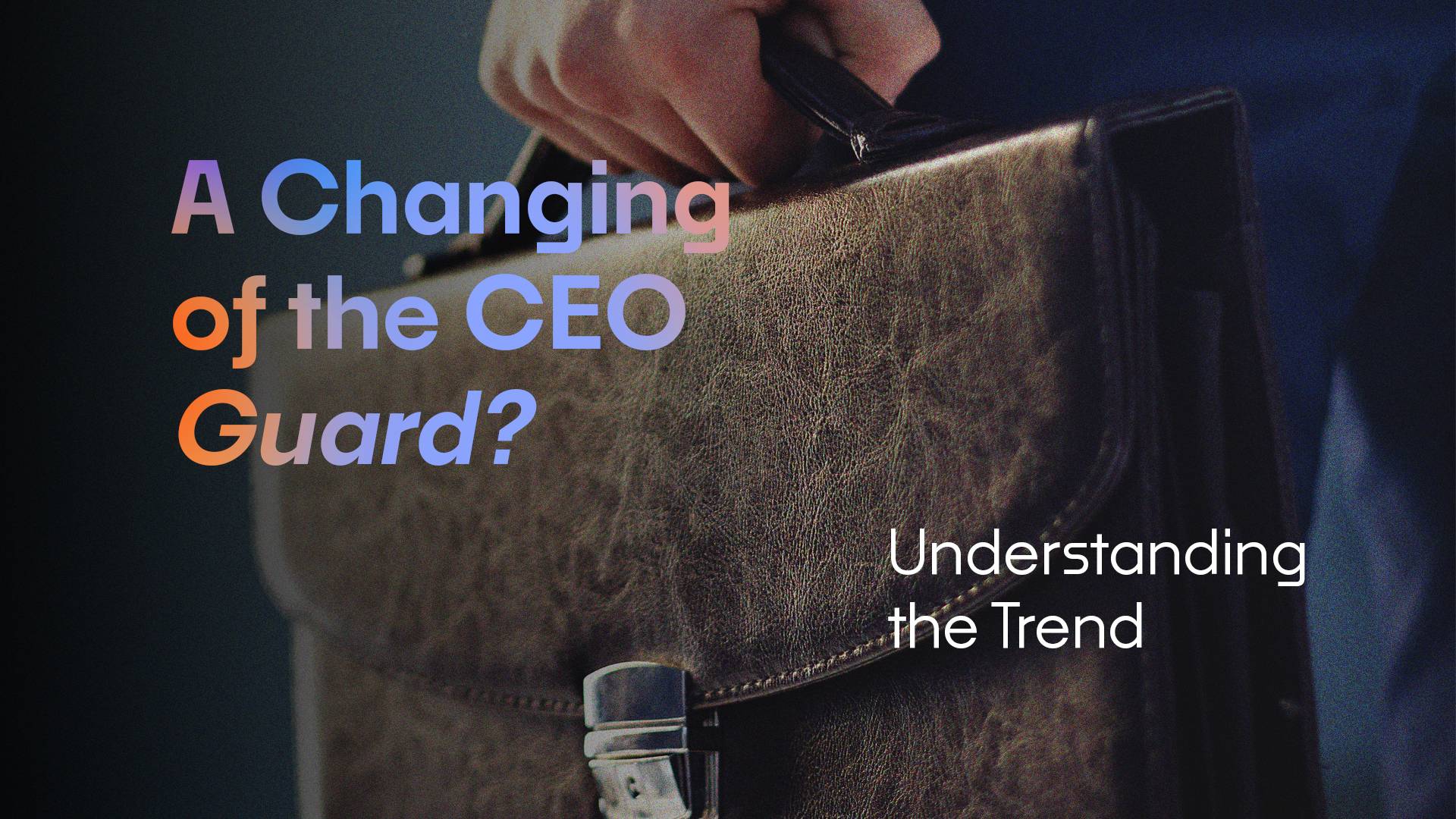Is AI changing the dynamics of the job market and influencing career transitions.
In today’s rapidly evolving job market, career transitions have become a common occurrence. However, with the rise of artificial intelligence (AI), particularly ChatGPT, individuals looking to switch careers may face unexpected challenges. In this article, we will explore how AI can potentially hinder career shifts and discuss the implications for both employees and employers.
AI’s Influence on Career Mobility:
An engineer who recently experienced a layoff, initially believed that his skills were in high demand across various industries. However, he soon discovered that AI, such as ChatGPT, has significantly transformed the job market. Companies are increasingly relying on generative AI to handle tasks that were previously assigned to human workers, reducing the demand for specific skills. This shift has affected even tech workers, making it more difficult for them to change careers. AI’s ability to decrease demand for certain skills may limit talent mobility across industries.
The Importance of Talent Mobility:
While discussions around AI often revolve around job enhancement or replacement, the impact on talent mobility emerges as a critical concern for leaders. Experts emphasize the advantages of lateral moves between industries or different functions within the same industry. Such transitions provide employees with opportunities to explore new career paths and advance professionally. Additionally, career switchers bring valuable skills and fresh perspectives to organizations, benefiting employers as well.
The Changing Landscape:
The COVID-19 pandemic witnessed a significant surge in career switches, as approximately 20% of workers pursued new paths. However, AI has made companies more cautious about hiring outside their industries, leading them to tighten requirements. As a result, individuals planning to switch careers in the near future may face higher expectations than their predecessors.
AI: A Catalyst for Mobility:
Despite the potential challenges, experts remain optimistic about the role of AI in talent mobility. As companies adapt to the integration of AI and human workers, opportunities for career mobility are expected to increase. Recruiters emphasizes the continued relevance of transferable skills, encompassing both technical expertise like coding and essential soft skills such as risk management, decision-making, agility, and adaptability.
Unlocking New Opportunities:
AI-powered platforms, coupled with the growth of remote work, have the potential to break down geographical barriers and facilitate connections between professionals and job opportunities. Furthermore, AI can enhance internal career development by providing opportunities for talent to reskill, upskill, and forge new paths within their organizations. Although AI may close certain doors to mobility, new opportunities will emerge as companies navigate the fusion of AI and human talent.
Conclusion:
As AI continues to reshape the job market, career transitions face new complexities. While AI may pose challenges by reducing demand for specific skills, it also paves the way for new opportunities. The need for transferable skills remains crucial, and professionals must adapt to the evolving landscape. By embracing AI and leveraging its potential, individuals can navigate career transitions effectively, while organizations can tap into a diverse and agile talent pool. The future of career mobility lies in striking a harmonious balance between humans and AI.









